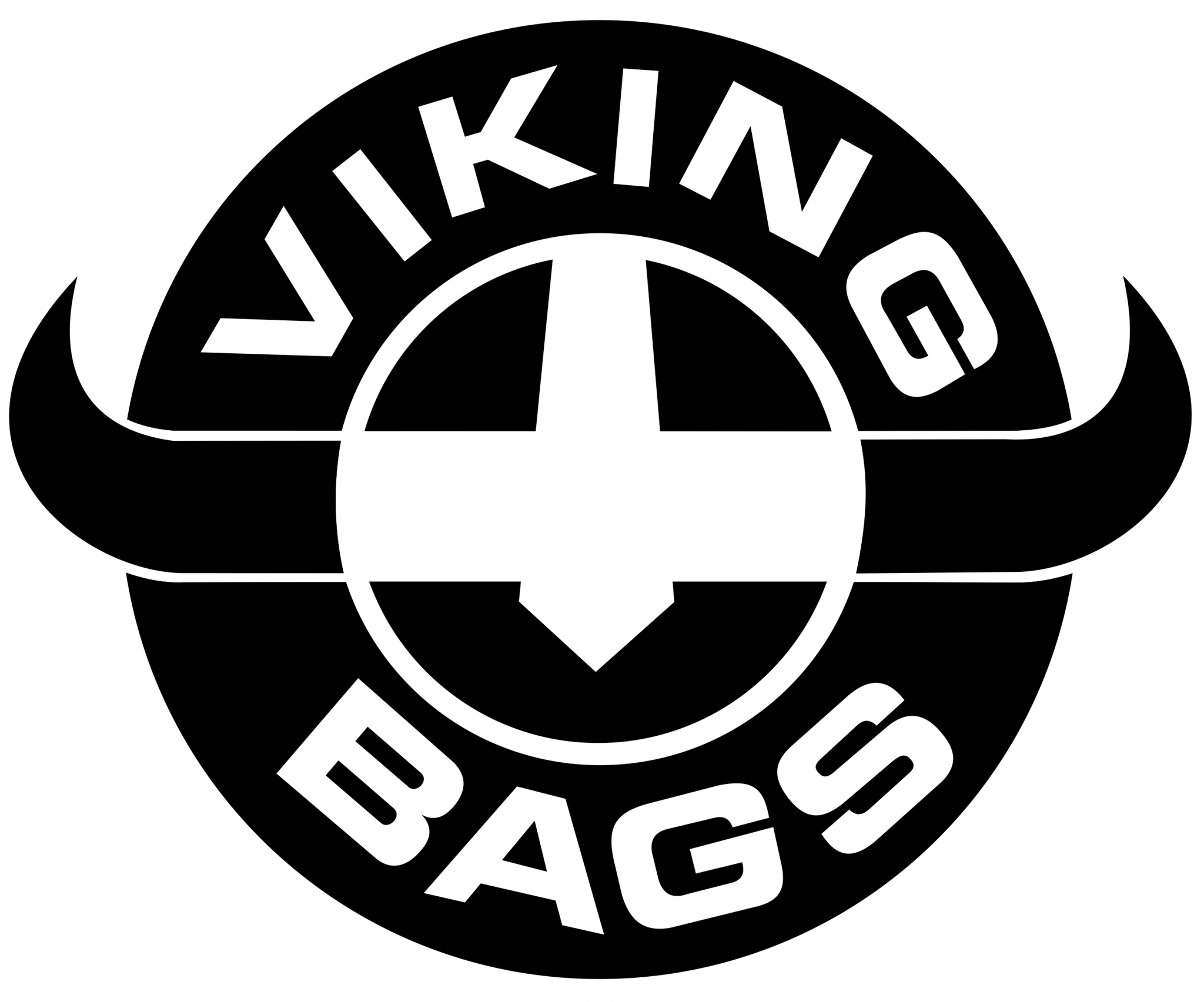Kawasaki has always been a giant tech entity in the field of automotive technology and engineering. The company is always looking to create amazing things that will not only be useful but also beneficial to mankind.
The task at hand is to make hydrogen fuel feasible to power motorcycles. To get this job done, Kawasaki has joined hands with the rest of the top fellow automotive manufacturers and Japanese industry-leading motorcycle tech giants. The association formed to promote the clean-energy movement and use of hydrogen-fueled motorcycles was named “Hydrogen Small Mobility and Engine Technology (HySE)” and includes the Japanese Big Four and Toyota to turn a dream into a reality.

Finally, a major development is making waves among the motorcycling community after Kawasaki’s Supercharged Hydrogen-Fueled H2 Prototype was released at the 2023 Group Vision conference on December 12, 2023.
Kawasaki has also recently introduced its electric-powered bikes, including the Ninja e-1 and Z e-1. These bikes do not have tremendous performance figures and extraordinary specs, but the company has made a good attempt to produce low-cost electric bike models.
Another great accomplishment made by Kawasaki is its recently introduced Ninja 7 Hybrid and Z 7 Hybrid bikes that feature both electric power and internal combustion engines. However, there are always certain limitations and resistances when it comes to the latest upcoming technology. For example, electric vehicles are becoming immensely popular in different parts of the world but as far as motorcycles are concerned, they are expected to be light and maneuverable which limits the use of large electric power sources. The lack of electric charging stations is another major concern limiting electric motorcycles' success.
To overcome limitations, the HySE collaboration is working tirelessly to make clean-energy hydrogen-fueled motorcycles a reality. For a practical demonstration, the recently displayed Kawasaki’s prototype, known as the supercharged hydrogen-powered H2 HySE. Based on the Kawasaki Ninja H2 SX, this bike is excessively bulky and seems quite heavy. Lookswise, it is different and painted in dull gray and blue color which perfectly demonstrates the clean-energy project. This hydrogen-fueled bike looks like a rocket with a jet engine due to being fitted with large hydrogen fuel storage at the rear end. This prototype carries hydrogen fuel in saddlebags-style extended storage tanks. These tanks do not directly contain hydrogen fuel; instead, there are several fuel containers inside it, carrying the hydrogen fuel.

The hydrogen fuel from these tanks is directly injected into the engine through pipelines running internally. The direct hydrogen fuel injection is coupled with enhanced air intake to make sure the hydrogen burns completely. Though the hydrogen gas carries more power than gasoline when it comes to a mass-to-mass comparison. However, hydrogen fuel requires more volume and a large container for storing which is considered to be the biggest downside of using hydrogen fuel in motorcycles and other vehicles.
The Kawasaki’s Supercharged Hydrogen-Fueled H2 is a prototype. As per the official resources, the testing is about to start soon to make sure the production starts as early as possible. However, all this development is only at its initial stages, it can take years to build something more feasible and realistic with hydrogen-fueled engines for the roads.












Leave a comment
All comments are moderated before being published.
This site is protected by hCaptcha and the hCaptcha Privacy Policy and Terms of Service apply.